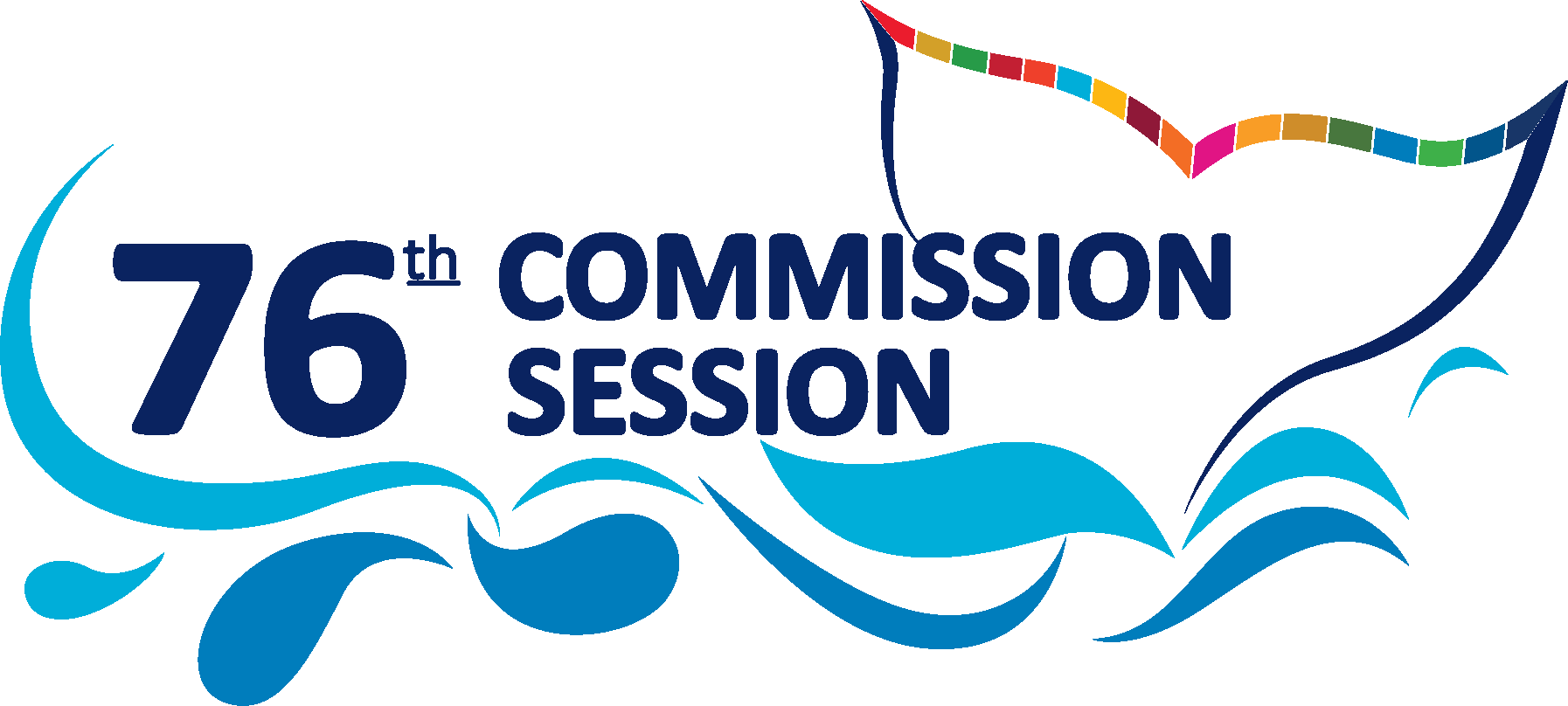
The seventy-sixth session (CS 76) of the Economic and Social Commission for Asia and the Pacific (ESCAP) was successfully conducted on a virtual platform for the first time in its history, due to the COVID 19 situation, on 21 May 2020, in Bangkok. The CS 76 deliberated on ‘Promoting economic, social and environmental cooperation on oceans for sustainable development’, reiterating commitments to realize SDG 14 on ‘life below water’, as its key theme for the Session. Delegations also engaged on a discussion on ‘Regional cooperation to address the socio-economic effects of the global health crisis’, where Sri Lanka joined in cosponsoring the resolution presented by the Secretariat, emphasizing the need for collaborative action in response to the challenges posed by COVID-19 pandemic to the world and particularly to the developing countries in the most populous Asia and the Pacific Region.
Sri Lanka was also elected by acclamation to the Governing Council of the Asian and Pacific Centre for Transfer of Technology (APCTT) for the term 2020-2023, which is the regional body hosted in India, that is focusing on Science, Technology and Innovation; Technology Transfer; Technology Intelligence.
The Sri Lankan delegation led by Sri Lanka’s Permanent Representative to the UNESCAP, Ambassador Samantha K. Jayasuriya, played an active role in showcasing Sri Lanka’s policies and best practices in the thematic area of oceans for sustainable development. Sri Lanka also presented GOSL’s efforts in responding to the COVID-19 health crisis and suggested useful recommendations to the UNESCAP to support its member States in addressing socio-economic impacts.
Assistant Permanent Representative, Saritha Ranatunga reiterating Sri Lanka’s strong support for the theme study by the Secretariat on ocean, elaborated Sri Lanka’s national commitment towards sustainable blue economy, sustainable fisheries, reducing marine plastic pollution, and peaceful navigation in Indian Ocean, and maritime connectivity. While highlighting Sri Lanka’s regional and international engagements she informed the Commission Sri Lanka’s role in coordinating the IORA Working Group on Maritime Safety and Security and initiating multilateral engagements series ‘The Indian Ocean: Defining our Future’. The Commission endorsed a resolution which was also cosponsored by GOSL, calling to conserve and sustainably use oceans and marine resources in the region through regional cooperation.
Making a further submission under the Agenda on regional cooperation to address the socio-economic effects of the global health crisis, the Deputy Permanent Representative, Poornima Gunasekera, elaborated the efforts taken by the Government of Sri Lanka in tackling and mitigating the risks associated with the corona virus pandemic. Presenting Sri Lanka’s recommendations to ESCAP for stronger regional cooperation to ensure a collective response, Ms. Gunasekera stressed on the need for developing a strong platform within UN ESCAP aiming at; sharing experiences and best practices, developing strong regional and global collaboration on enhancing capacity building in public health systems, exchanging technical cooperation and ways to access medical supplies at affordable prices and formulating and implementing macroeconomic policies, and negotiating regional cooperative mechanisms and agreements in trade and investment.
Ambassador Jayasuriya in her capacity as the Chair of the open-ended working group for reviewing the Conference structure of the Commission pursuant to the resolution 73/1, presented the Chair’s summary to the Commission recommending further negotiations on the subject.
Inaugurating the session online, United Nations Secretary-General António Guterres stated that the Governments and leaders are grappling with a wide range of challenges that risk recent progress in the Asia-Pacific region and around the world and all have an opportunity to build back better on the foundations of the 2030 Agenda for Sustainable Development. Prime Minister of Thailand, General Prayuth Chan-o-cha also addressed the session via a video message.
The 76th Commission session, was attended by over 264 delegates, representing 54 Member States and associate members and 8 additional observer countries.





